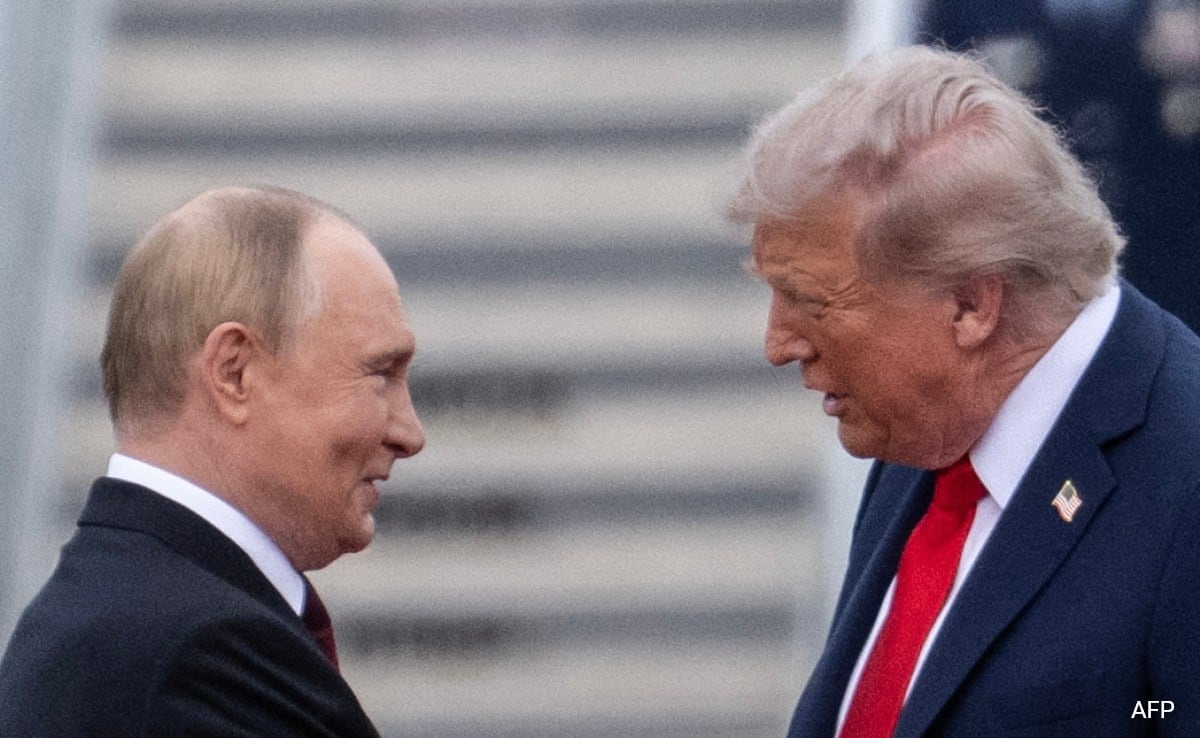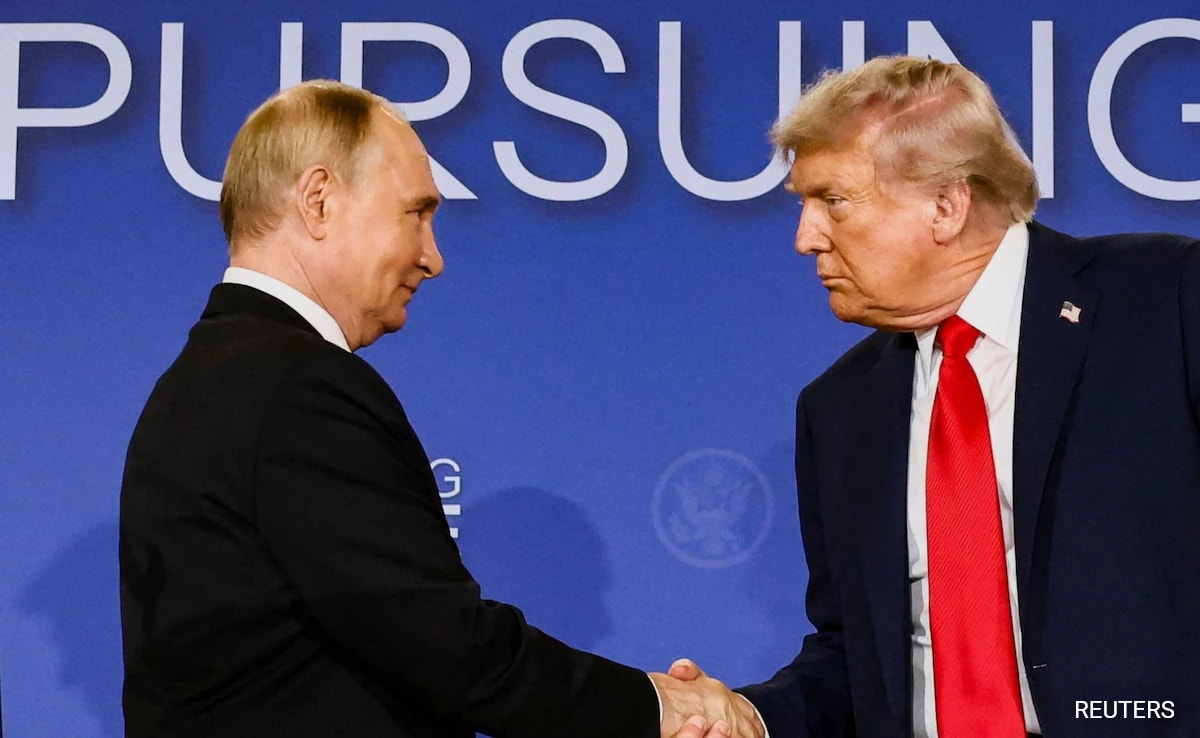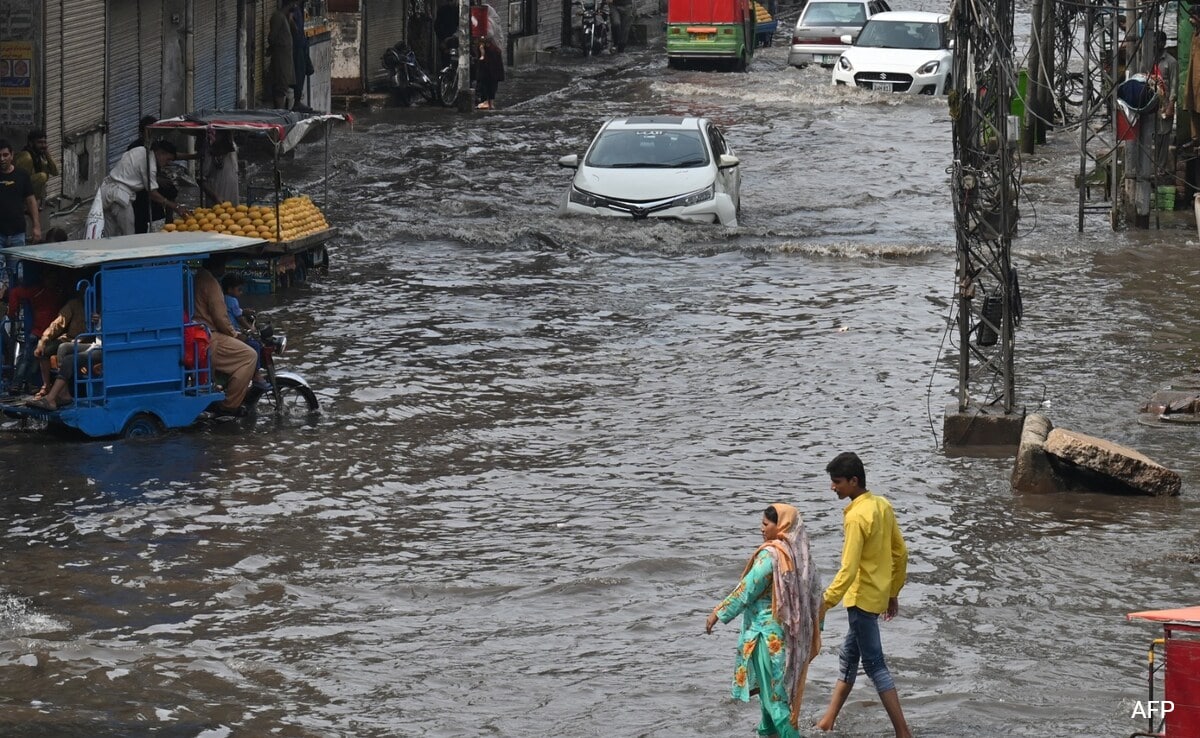Hafiz Abdul Hai Abbas, the director for provincial health directorate, told The Washington Post earlier in the day that many âdead bodies remain under the ruined mosque.â
The attack comes a week after an Islamic State suicide bomber attacked a crowded Shiite mosque during Friday prayers in Kunduz, northern Afghanistan, killing nearly 50 worshipers and wounding dozens more.
The Taliban, which took over the country two months ago and is under pressure to protect its citizens from such blasts, condemned the attack as âa big crimeâ and ordered its fighters to arrest those behind it.
Eyewitnesses told The Post that they heard multiple explosions from the mosque.
âFirst, I heard gunfire and then explosions followed,â Abdul Jabar Karimi, a 40-year-old who survived the blast, said. âBlood was everywhere.â
Meanwhile, Murtaza Khaledi, 26, said he had seen as many as four suicide bombers â two who detonated their bombs near the mosqueâs entrance, and two who set off their bombs from inside the building.
âEveryone is shocked. Shiites in Kandahar were never attacked before,â Khaledi said.
Footage from inside the mosque showed several bloody bodies on the ground, some covered in sheets, while onlookers wailed. The Taliban said it had sent special forces members to the site to investigate.
The extremist Islamic State group views followers of the Shiite sect of Islam as heretics and often targets their places of worship.
There have been several attacks on religious sites after U.S. troops exited the country in August, highlighting the challenge the Taliban faces in maintaining security as Afghanistanâs new rulers.
The United Nations Assistance Mission in Afghanistan also put the toll at around 30 dead and condemned the attack on what it called Kandaharâs largest Shiite mosque.
âThose responsible need to be held to account,â it tweeted.
Cheung reported from London.
.png)











 English (United States) ·
English (United States) ·  Turkish (Turkey) ·
Turkish (Turkey) ·